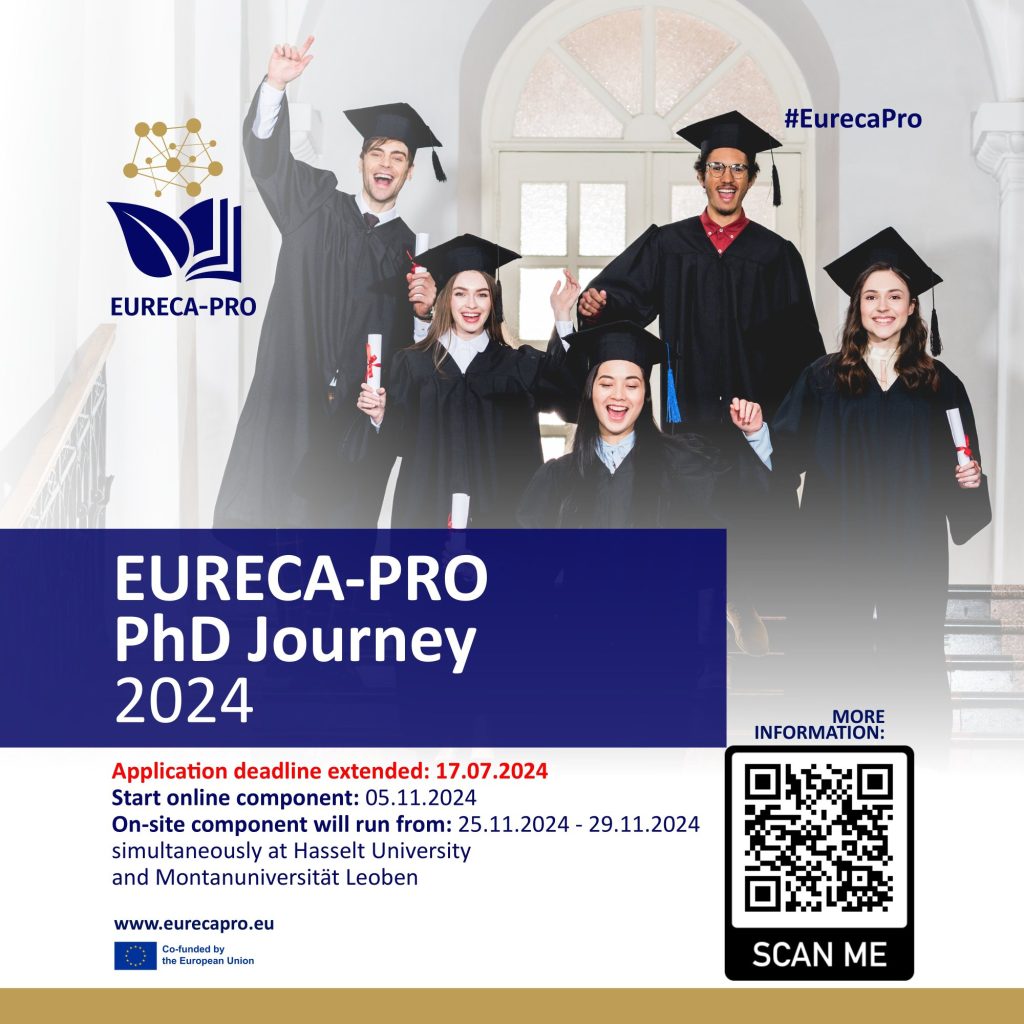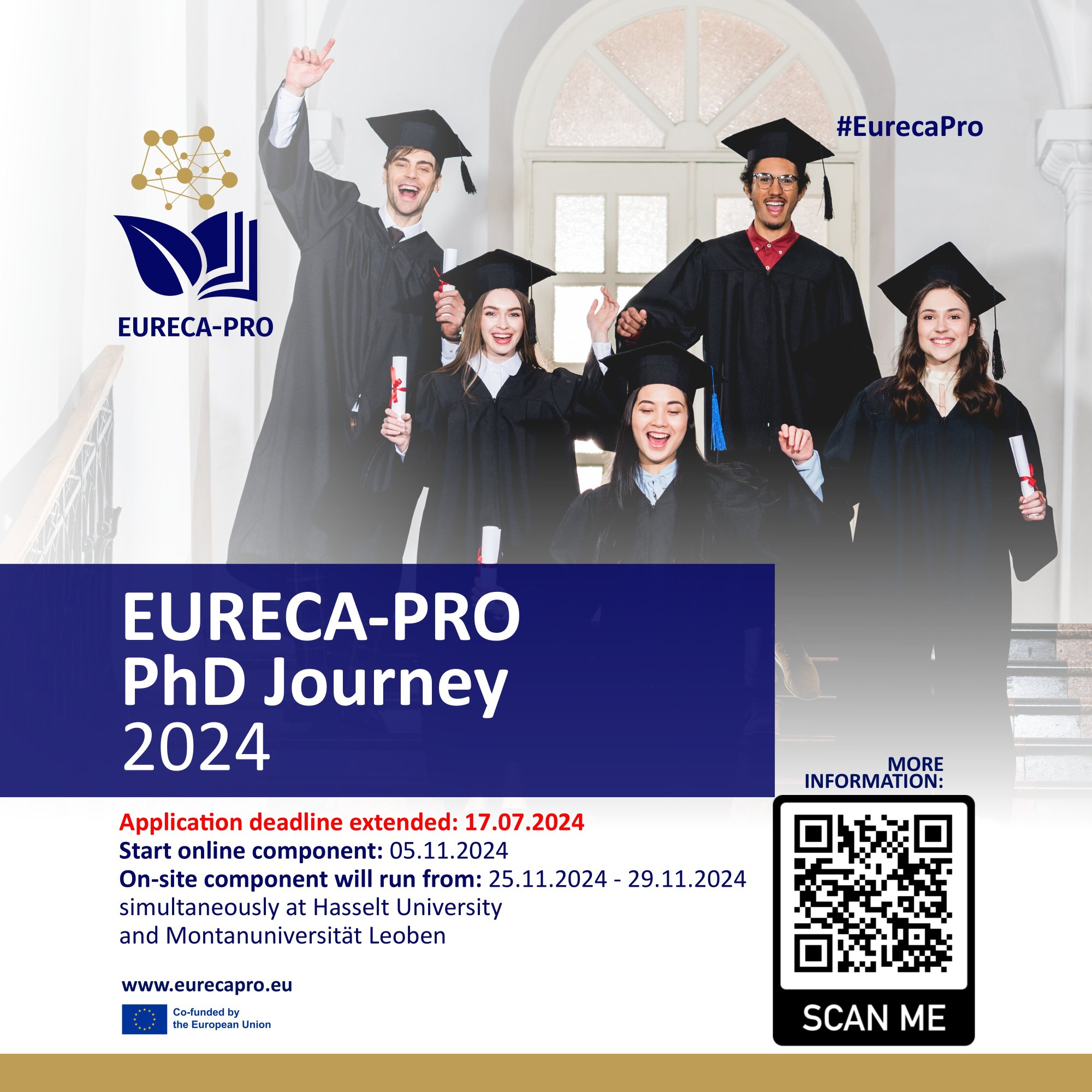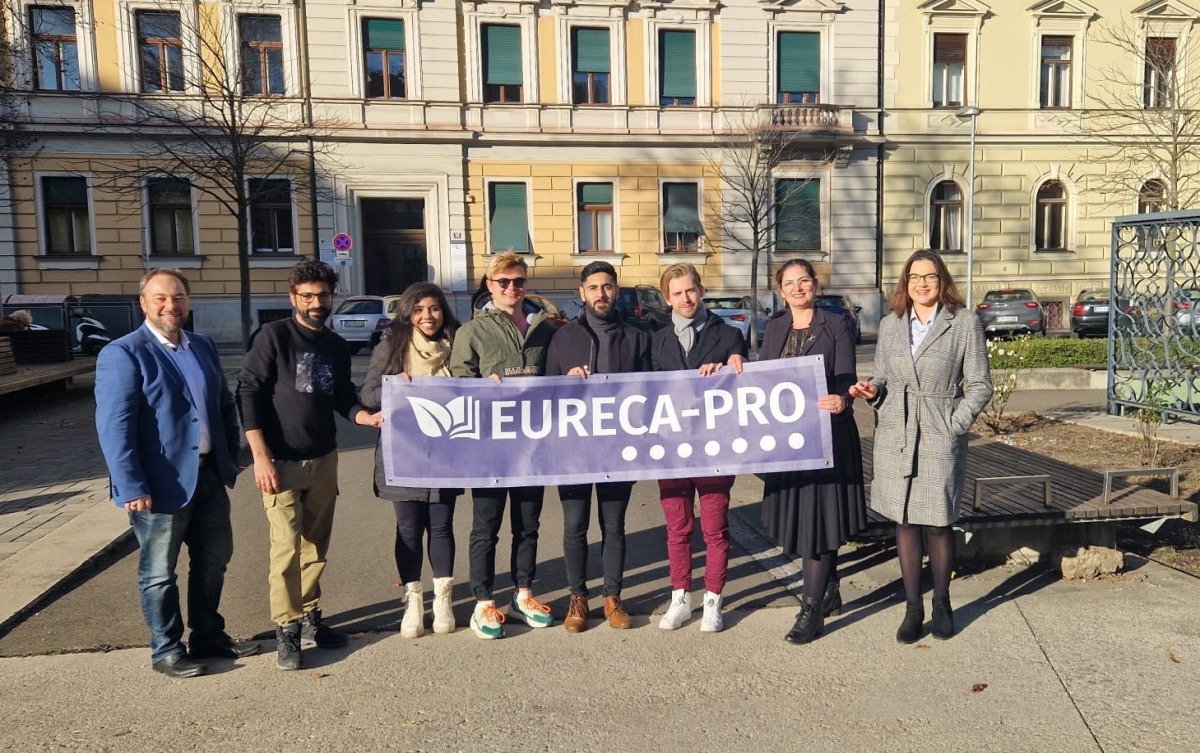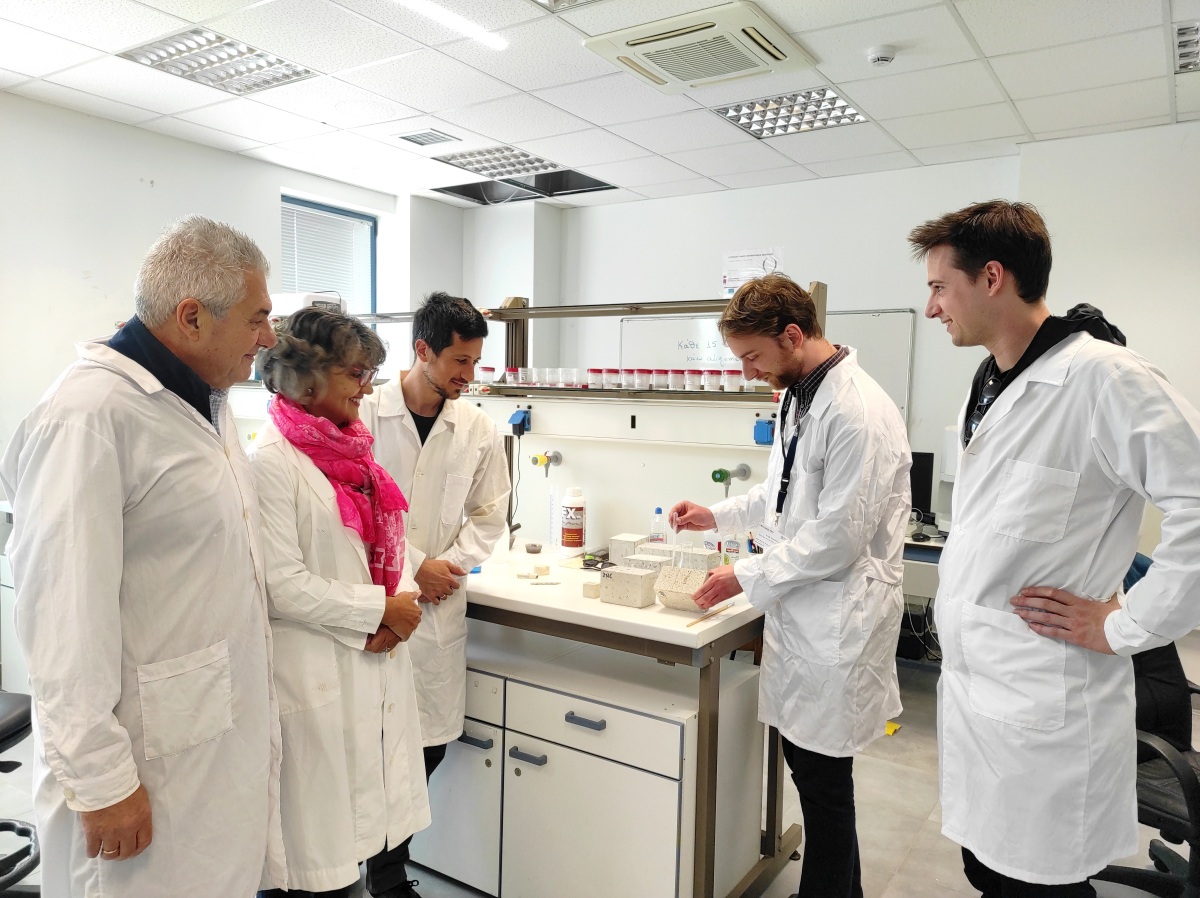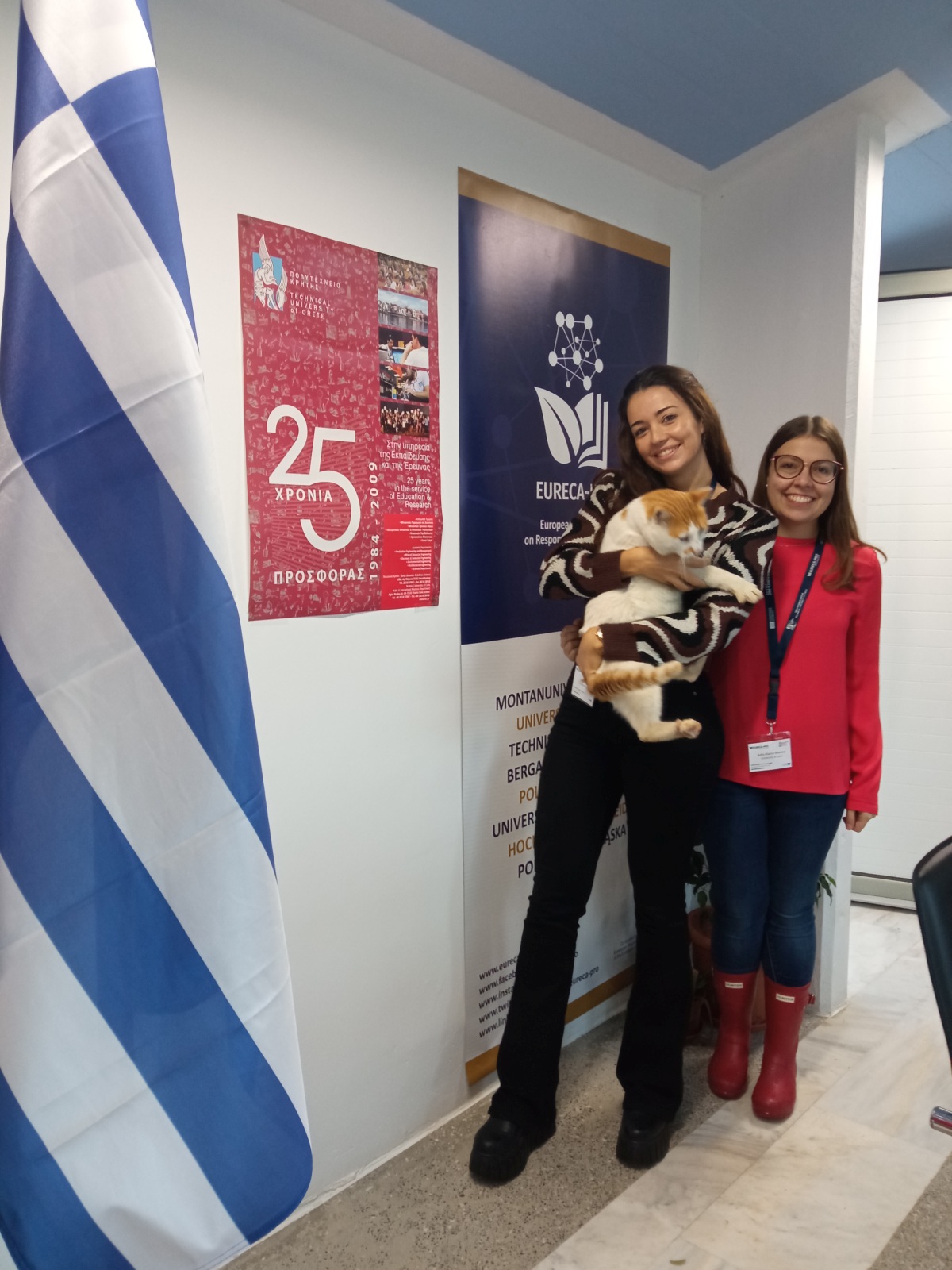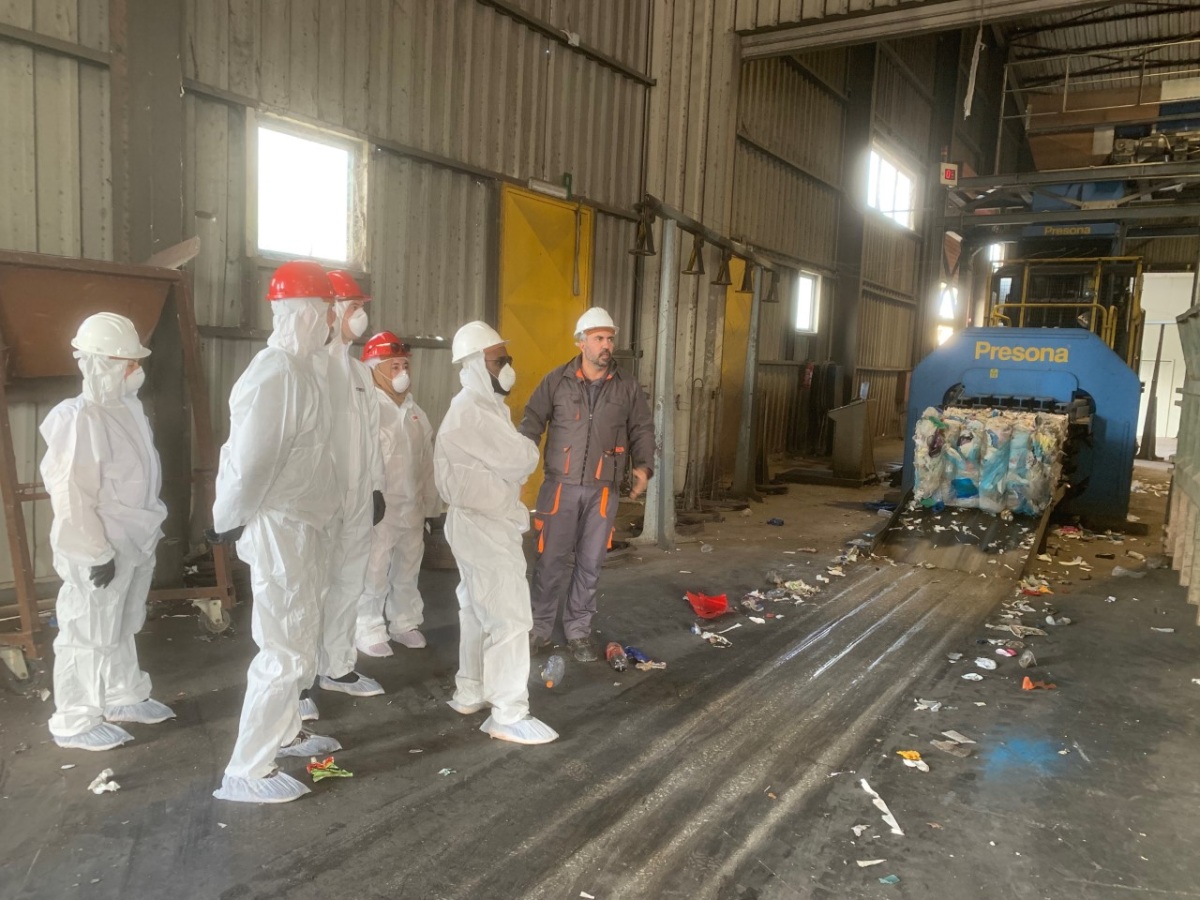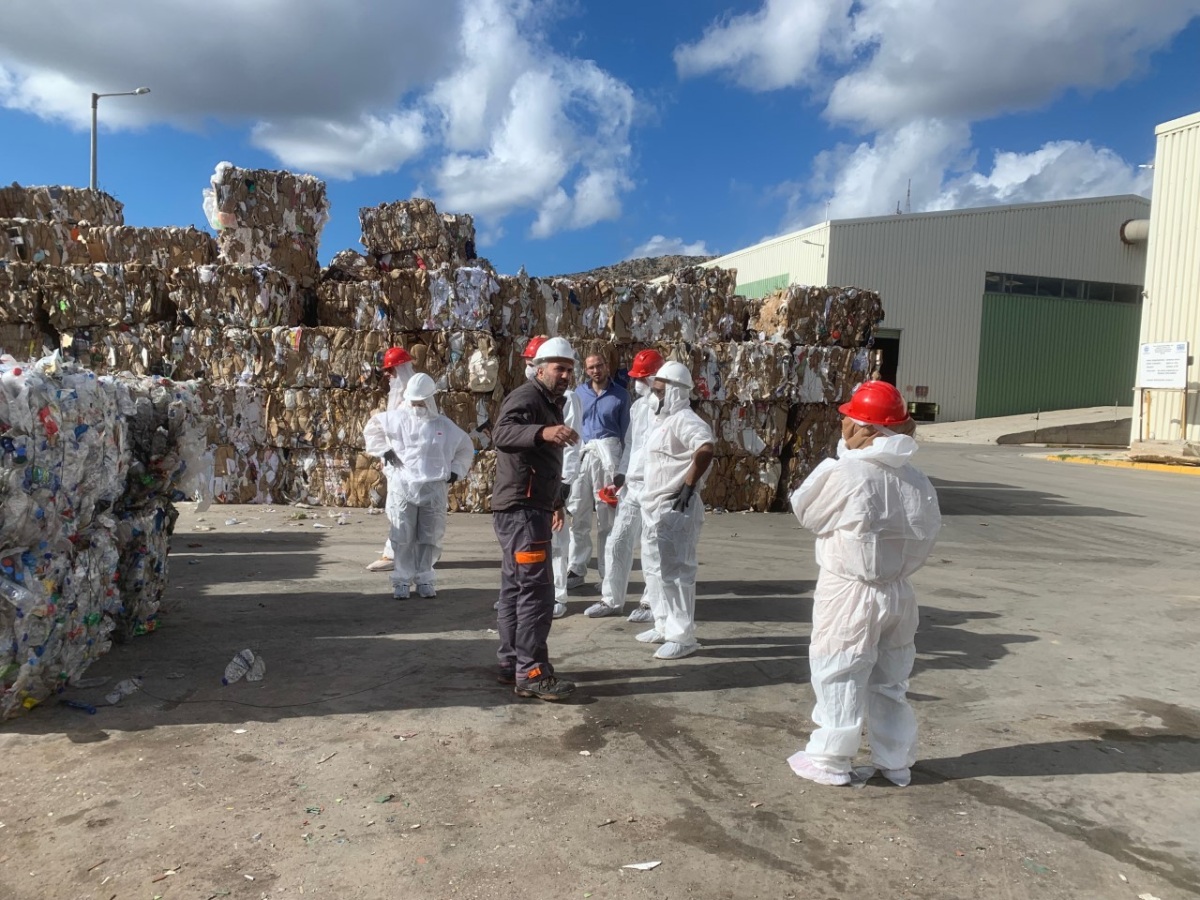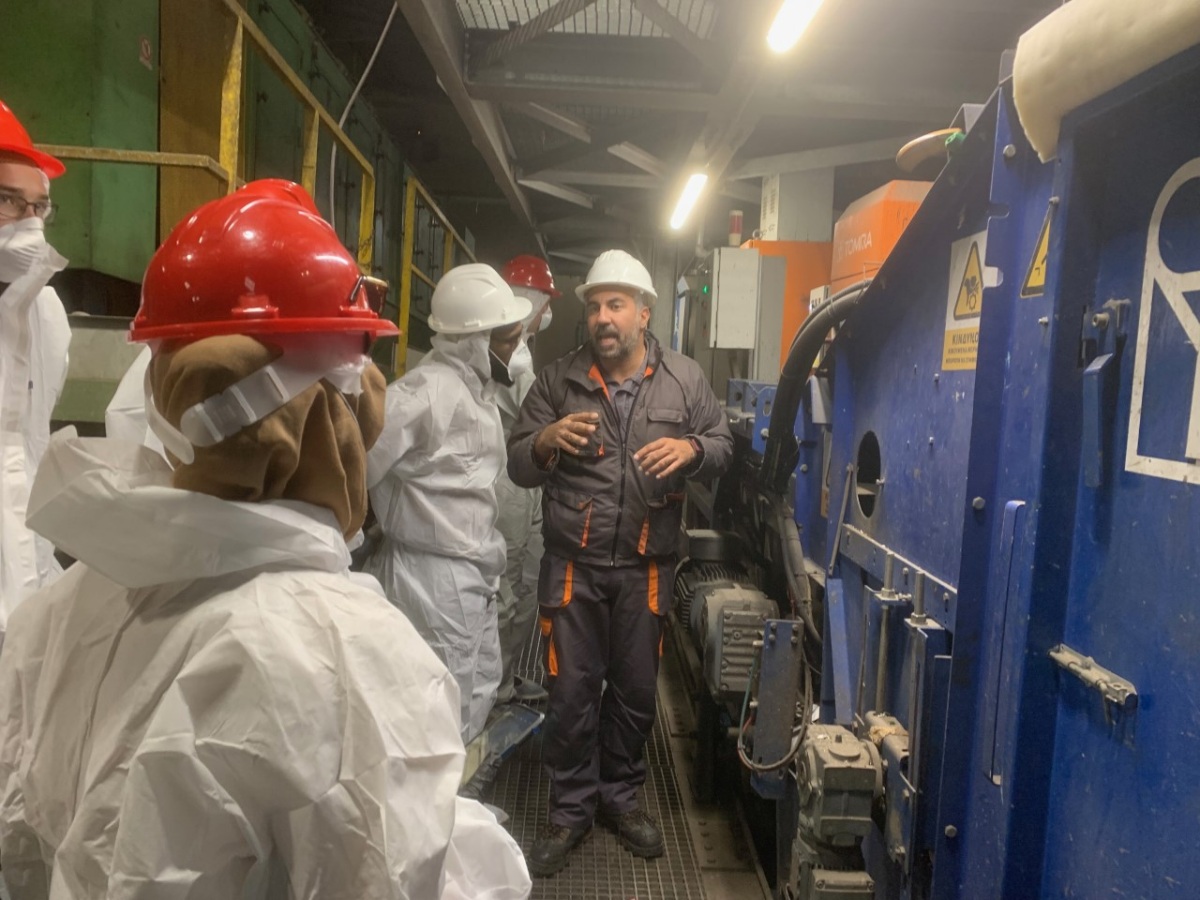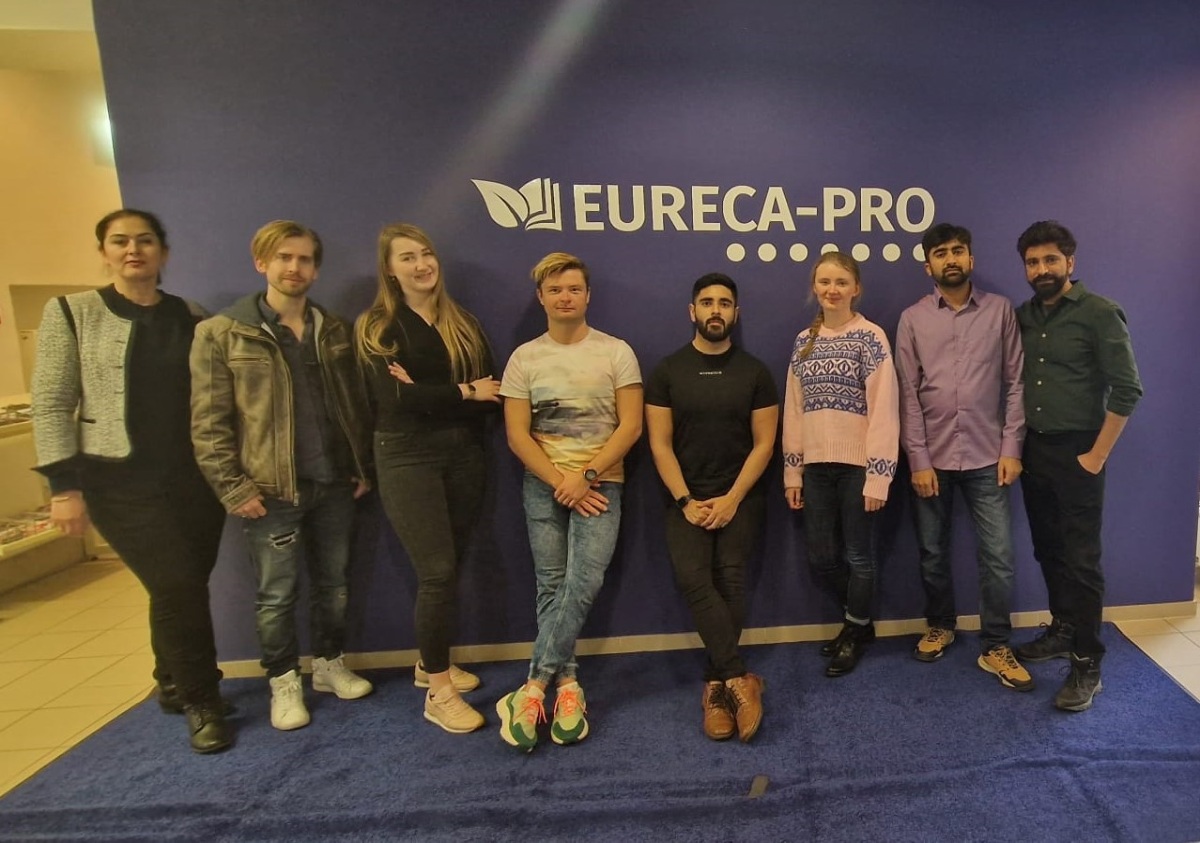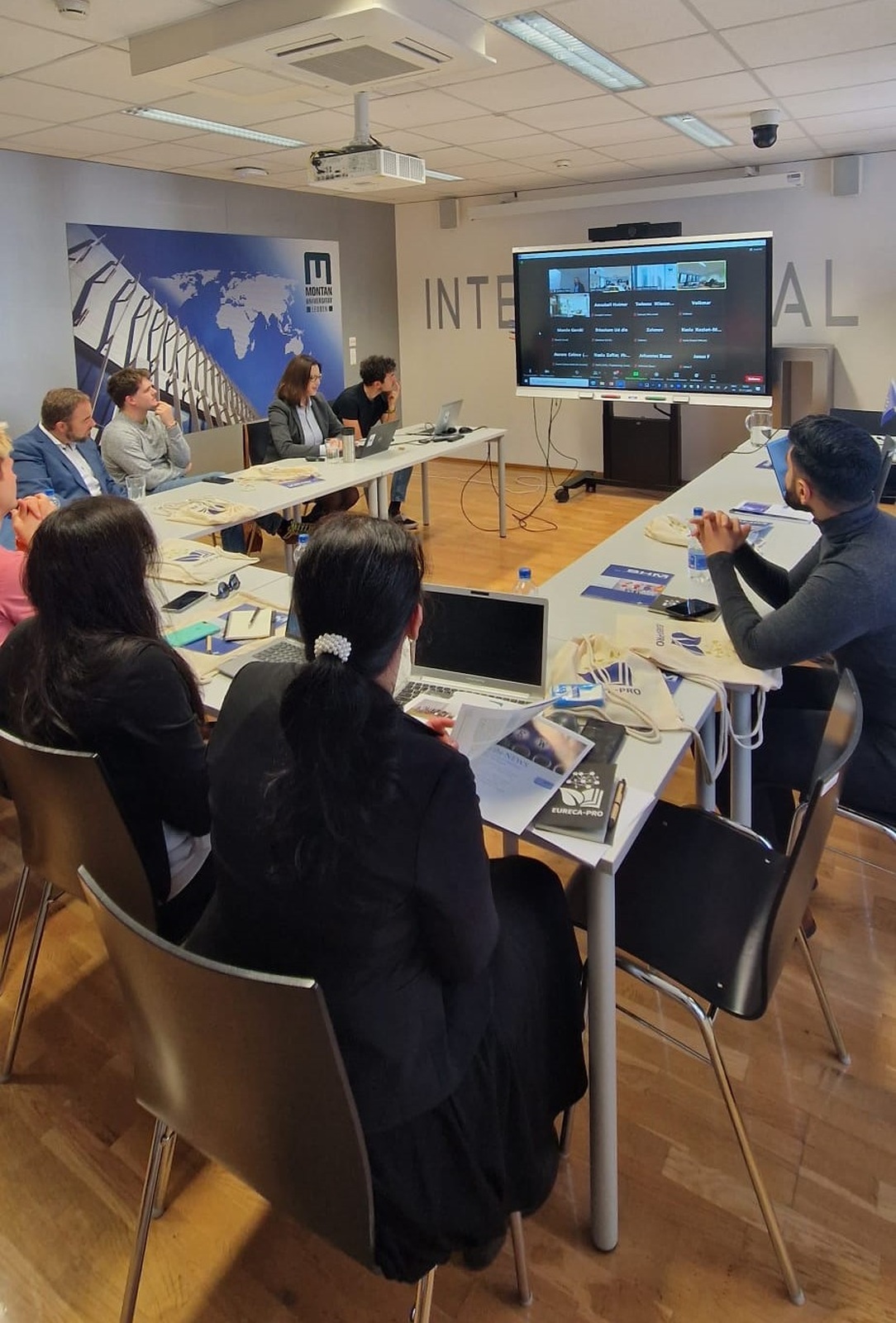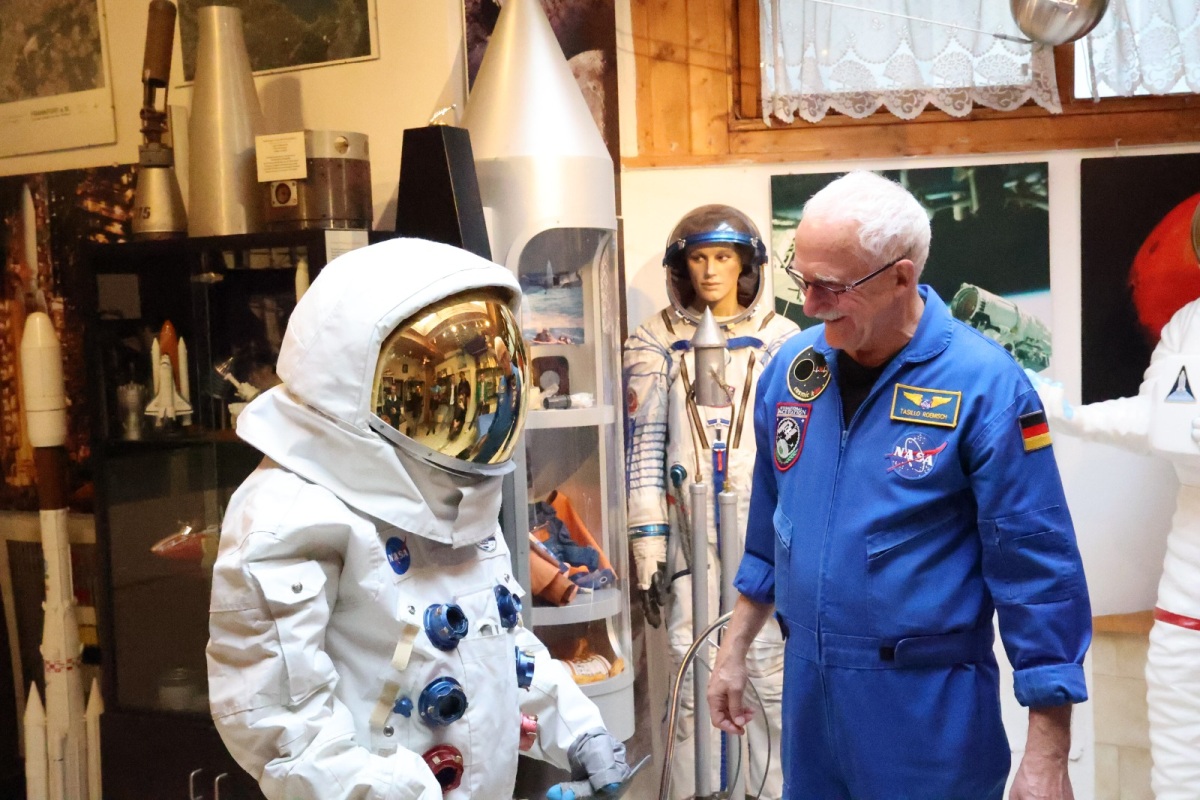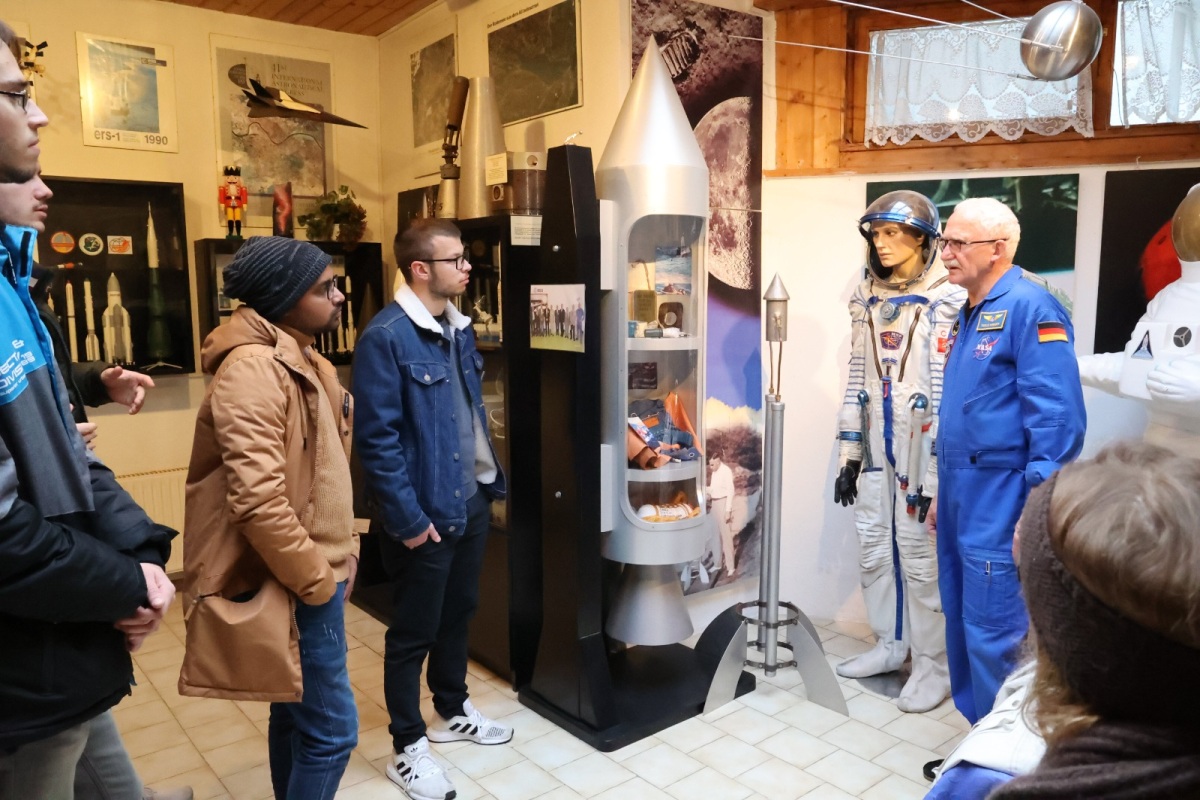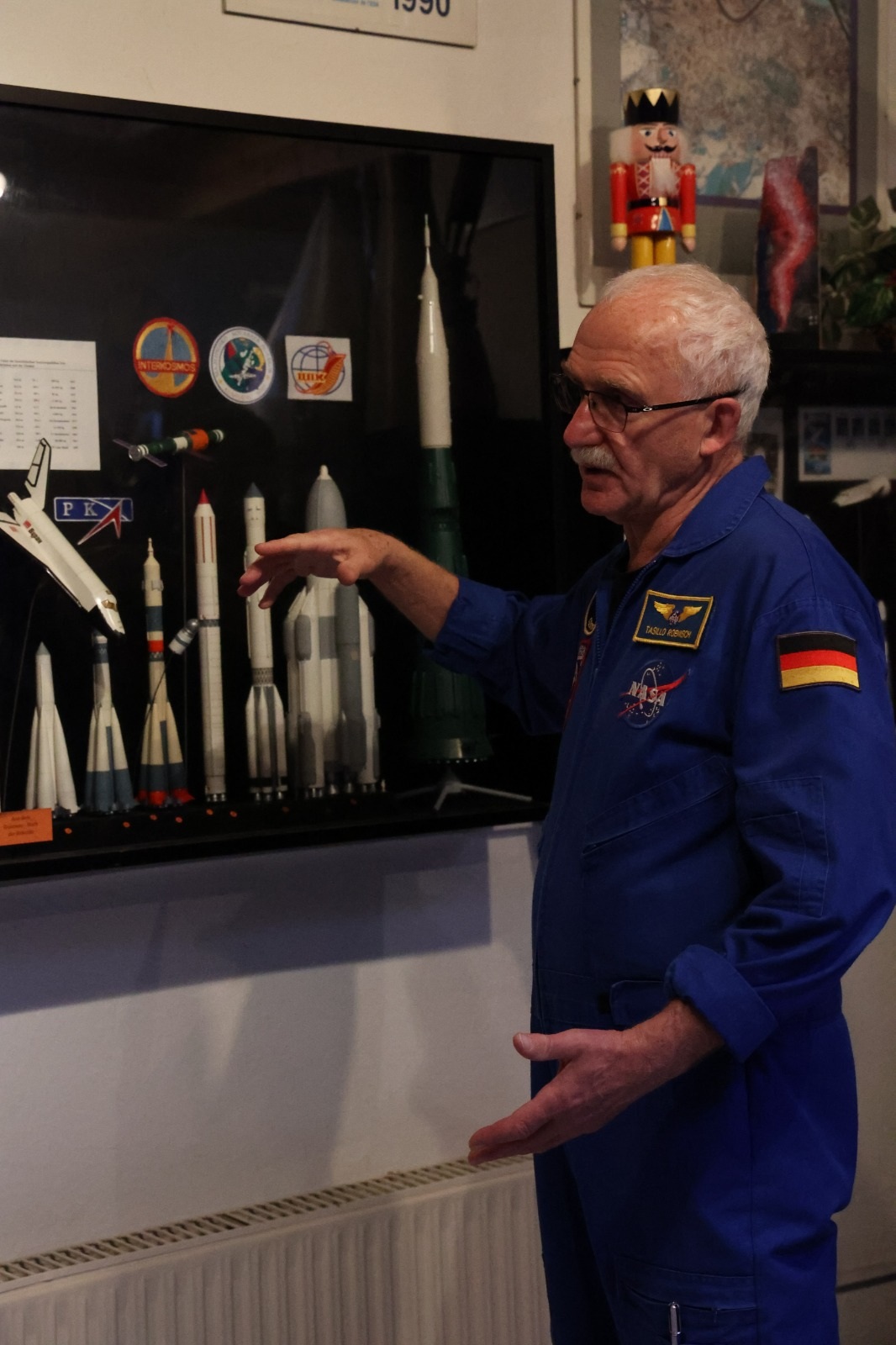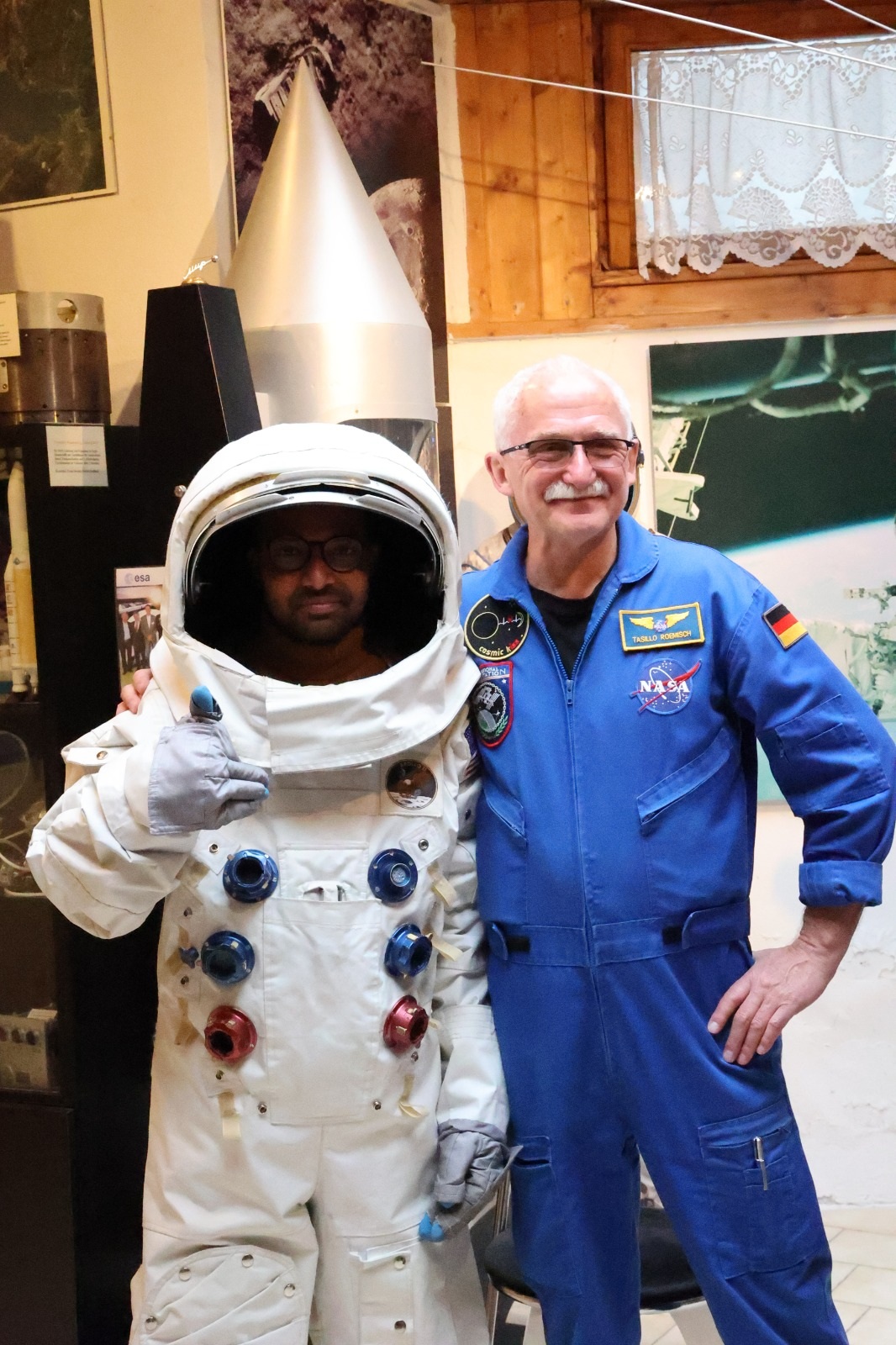EURECA-PRO
PhD Journey 2024
Join us this November for an exciting opportunity with EURECA-PRO in our upcoming PhD Journey! Experience a week of mobility at EURECA-PRO partner universities, along with an enriching online training programme.
- Past events
Application period:
01.06 - 17.07.2024
Language of Instruction: English
ECTS: 3*
Hosting Universities:
Hasselt University
Montanuniversität Leoben
Selected applicants will have the unique opportunity to enhance their skills and broaden their research networks through collaboration with researchers from Hasselt University and Montanuniversität Leoben. The on-site programme will take place simultaneously at Hasselt University and Montanuniversität Leoben, bringing together PhD students from different partner universities for a dynamic and research-oriented week of activities. Don’t miss this chance to enrich your academic journey and connect with peers from around the world.
Note that as a doctoral student at Hasselt University or Montanuniversität Leoben, you cannot apply for the Journey at your own institution.
During the PhD Journey you will:
- Develop a deeper understanding of responsible consumption and production alongside European cultural studies.
- Hone your skills and gain experience in presenting within an academic environment.
- Acquire topic-specific research skills and experience, networking opportunities and access to labs, data, software, samples, and more.
- Enhance your intercultural communication skills while fostering valuable networking opportunities.
Explore the different themes below:
Themes at
Montanuniversität Leoben
Themes at
Hasselt University
Timeline and programme
Online component: 5th to 18th November
- November 5: Online course on Sustainable Management for Industries;
- November 8: Online poster creation and presenting course (with introduction to other participating doctoral students);
- November 18: Online course on responsible consumption and production.
On-site component: 25th to 29th November
- Lecture(s) and workshop(s) on RCP
- Transversal skill workshop
- Crash course in local language and culture
- Subject-specific research interaction organised by the host university including:
- Laboratory visits
- Field trips
- Meetings with potential, external supervisors
- Research group meetings
- Accessing local research resources
- Research skills training
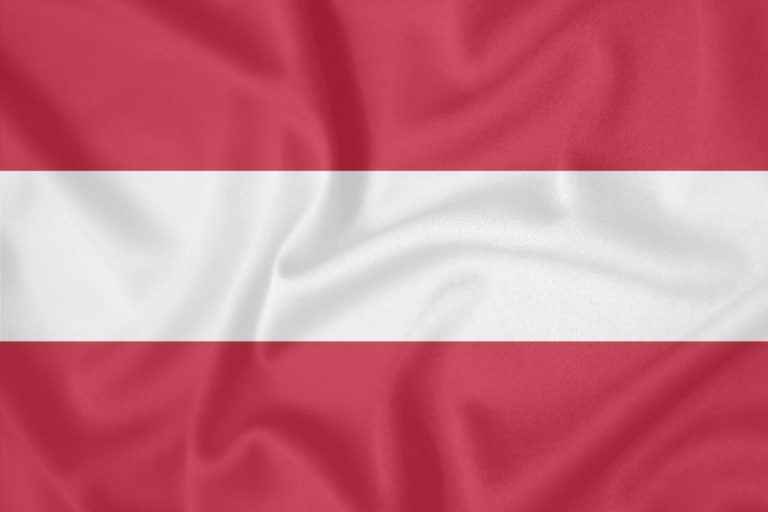
On-site programme @ MUL
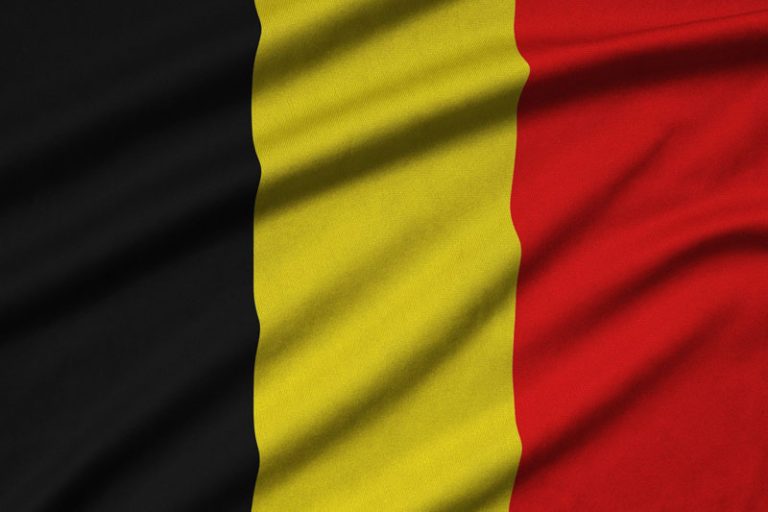
On-site programme @ UH
Application
Requirements for participation in the PhD Journey
Please review this checklist before applying for the PhD Journey:- I am enrolled as a doctoral student at one of the partner institutions of EURECA-PRO.
- My doctoral research has a link with sustainability or responsible consumption and production.
- I can confidently present my research in English and interact proficiently in English with other researchers.
- I have the approval of my supervisor(s) to participate in the EURECA-PRO PhD Journey.
Procedure
To apply for the PhD Journey, please complete the application form below, providing the following information:
- Personal details: name, contact information, etc.
- Details of your doctoral studies: PhD title, summary of PhD, supervisors, etc.
- Your motivation for joining the PhD Journey at EURECA-PRO: which PhD Journey (university + topic) and why, link between theme and PhD topic, etc.
- Approval from your supervisor(s) to participate in the PhD Journey: Click here to download the approval template.
Application
Applications will be reviewed by selection committees from both your home and host universities. Successful applicants will be contacted by the host universities. PhD students who have not previously participated in the EURECA-PRO PhD Journey will be given priority.
Please note that the topic you choose will be the primary focus of your application. Your input will assist the selection committee in their decision-making process and ensure that your chosen PhD Journey aligns with your current research needs.
Note that as a doctoral student at Hasselt University or Montanuniversität Leoben, you cannot apply for the Journey at your own institution.
Funding
Participation in the PhD Journey (online & on-site programme) is free for EURECA-PRO PhD students – there are no registration fees. However, travel and accommodation costs are not included. For questions about funding for travel and accommodation, please contact your local university’s International Office.
We look forward to welcoming you soon to Hasselt University, Montanuniversität Leoben and EURECA-PRO!
An informative Q&A session about the PhD Journey will be held at the beginning of October. More information about this Q&A session will be provided closer to the event.
PhD Journey 2024
@ UH and MUL
The application period for PhD Journey 2024 is now closed!
Contact:
eurecapro.phd@uhasselt.be
eurecapro@unileoben.ac.at


